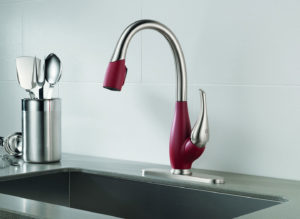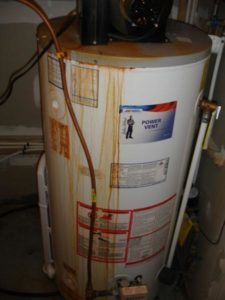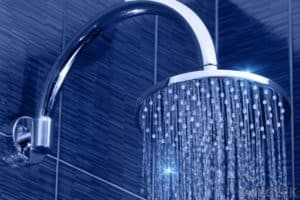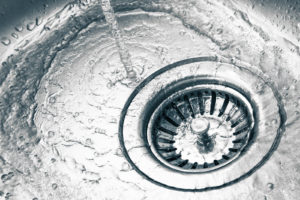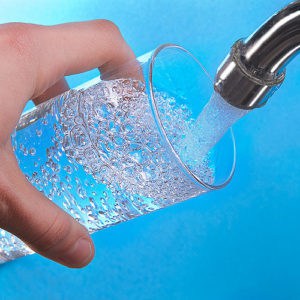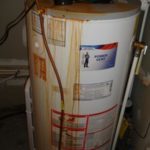Water is an essential resource in our homes. We use water to cook, drink, and for personal and general cleanup. Water is also used to drain all liquid waste from the house into the municipal sewer system or into a private septic tank. But although water is so useful, it can also be quite dangerous. Water can sometimes pose a very serious risk to our physical possessions and even to our health. This usually occurs when the mediums or channels used to move water from one place to another suffer defects. It can also happen when the plumbing fixtures and appliances in our homes break down and start leaking. Water damage is mainly caused by leaks in our pipes, and in various plumbing fixtures, appliances, and installations. Water damage can also occur when there is a serious clog in the toilet, shower drain, and/or sink drain. These serious clogs can cause severe sewer backups, which can be very destructive in the house. The good news is that water damage can be prevented effectively using the following tips.
Regular And Thorough Plumbing Inspections
You should inspect your entire plumbing system on a regular basis to avoid water damage. You can conduct DIY plumbing inspections whenever you are free. Make sure that you focus your inspections on the critical areas of your plumbing system including the plumbing control systems, such as the main water shutoff valve, the main gas shutoff valve, the water meter, and the breaker boxes. You should also inspect the water supply piping network and various critical appliances like the water heater, the sump pump, and the accessible drainage and sewer lines. You should also hire a professional plumber to inspect your plumbing system thoroughly every few months. Professional plumbing inspections are very important because they access areas that you cannot access, such as the underground sewer lines. All these DIY and professional inspections will help identify existing and potential water leaks and clogs in your plumbing system. This will help you fix these problems in time and hence prevent water damage.
Timely Plumbing Repairs
Plumbing repairs should be implemented as soon as possible. You should ensure that any leaking pipes or plumbing fixture or appliance is fixed as soon as possible. Make sure that you call your local plumber to fix that slow leaking faucet or pipe before it becomes a plumbing disaster. You should also ensure that you call a professional DC water heater plumber to inspect the tank of your hot water heater and implement the necessary repairs before water damage occurs.
Prevent Frozen Pipes
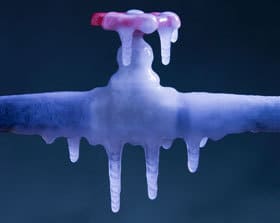 One common cause of water damage is frozen pipes. You should prepare your pipes before the cold season kicks in to prevent water from freezing in these pipes. You can insulate all the outdoor pipes with the necessary materials to avoid freezing. You should also keep your thermostat on throughout the cold season to avoid frozen pipes. Frozen pipes clog and burst causing serious water damage to your household possessions and the house. Also insulate the storage tank in your hot water heater to reduce your energy bill.
One common cause of water damage is frozen pipes. You should prepare your pipes before the cold season kicks in to prevent water from freezing in these pipes. You can insulate all the outdoor pipes with the necessary materials to avoid freezing. You should also keep your thermostat on throughout the cold season to avoid frozen pipes. Frozen pipes clog and burst causing serious water damage to your household possessions and the house. Also insulate the storage tank in your hot water heater to reduce your energy bill.
Know Your Plumbing System
You should acquaint yourself with your home plumbing system before settling in a new house. This means that you should know the exact location of the main water and gas shutoff valves and the electrical breaker boxes. You can prevent water damage by turning off all the water immediately you notice a leak.




